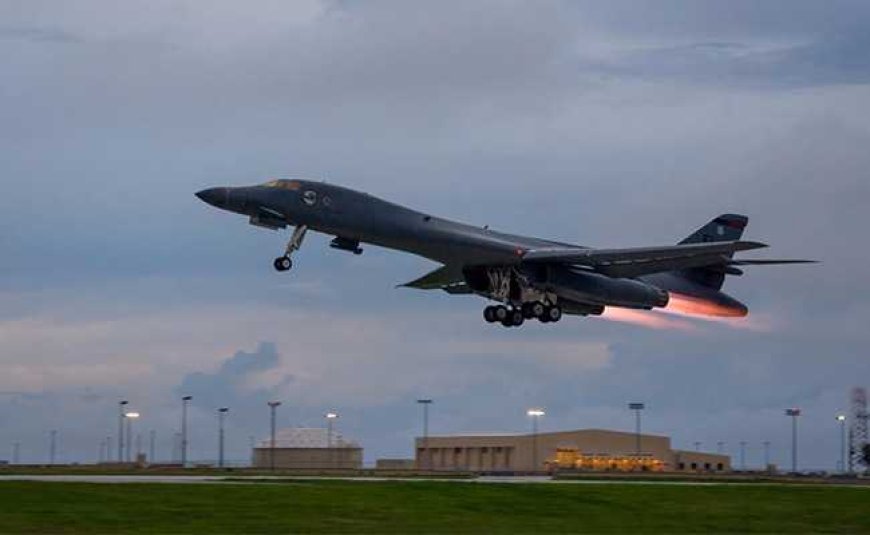North Korea Calls US B-1b Deployment "Reckless Bluffing" After Joint Drill
North Korea criticised the United States for deploying the B-1B strategic bomber in a recent joint military drill with South Korea, state media KCNA reported on Thursday.

North Korea Calls US B-1B Deployment "Reckless Bluffing" After Joint Drill
In a significant development in international relations, North Korea has labeled the recent deployment of the US B-1B bombers as "reckless bluffing." This statement came shortly after the United States conducted joint military drills with South Korea, which have long been a point of contention for the North Korean regime. The tensions in the Korean Peninsula have escalated in recent months, and this latest rhetoric is a clear indication of the deteriorating relationship between the US and North Korea.
Background on US-North Korea Relations
US-North Korea relations have been tumultuous for decades. The North's nuclear ambitions and missile tests have sparked fear and concern across the globe. While previous administrations have attempted negotiations, the situation remains tense. The US military's presence in South Korea and the surrounding region is seen by North Korea as a direct threat to its sovereignty, leading to consistent retaliatory statements from their leadership. The recent deployment of B-1B bombers has not only intensified this rhetoric but also increased military readiness in the face of potential conflict.
Details of the Joint Military Drill
The joint drills conducted by the US and South Korea aimed to enhance their defensive capabilities against any potential aggression from the North. These exercises are often portrayed by North Korea as provocations, prompting strong responses from Pyongyang. The B-1B bombers, known for their long-range strike capabilities, have been a focal point in discussions about military power in the region. The North's characterization of these moves as "bluffing" underscores their attempts to diminish the perceived threat and rally support among their citizens.
Implications for Regional Stability
The ongoing tensions have significant implications for regional stability. Allies in the region, particularly Japan and South Korea, are closely monitoring the situation. The response from North Korea indicates a willingness to continue its provocative rhetoric, which could lead to further military developments. As the world watches, the need for diplomatic solutions becomes increasingly urgent to avoid miscalculations that could lead to conflict.
Conclusion
The statements from North Korea regarding the US B-1B deployment reflect the ongoing cycle of provocation and retaliation that characterizes the Korean Peninsula. As both sides remain entrenched in their positions, the hope for diplomatic dialogue continues to dwindle. For the latest updates on this issue and more, visit News by dharmyuddh.com. Keywords: North Korea US B-1B deployment, North Korea calls US bluffing, US military drills with South Korea, Korean Peninsula tensions, North Korea military rhetoric, implications of US B-1B presence, regional stability in Asia, diplomatic solutions in North Korea, South Korea US alliances, military provocations in Korea.







